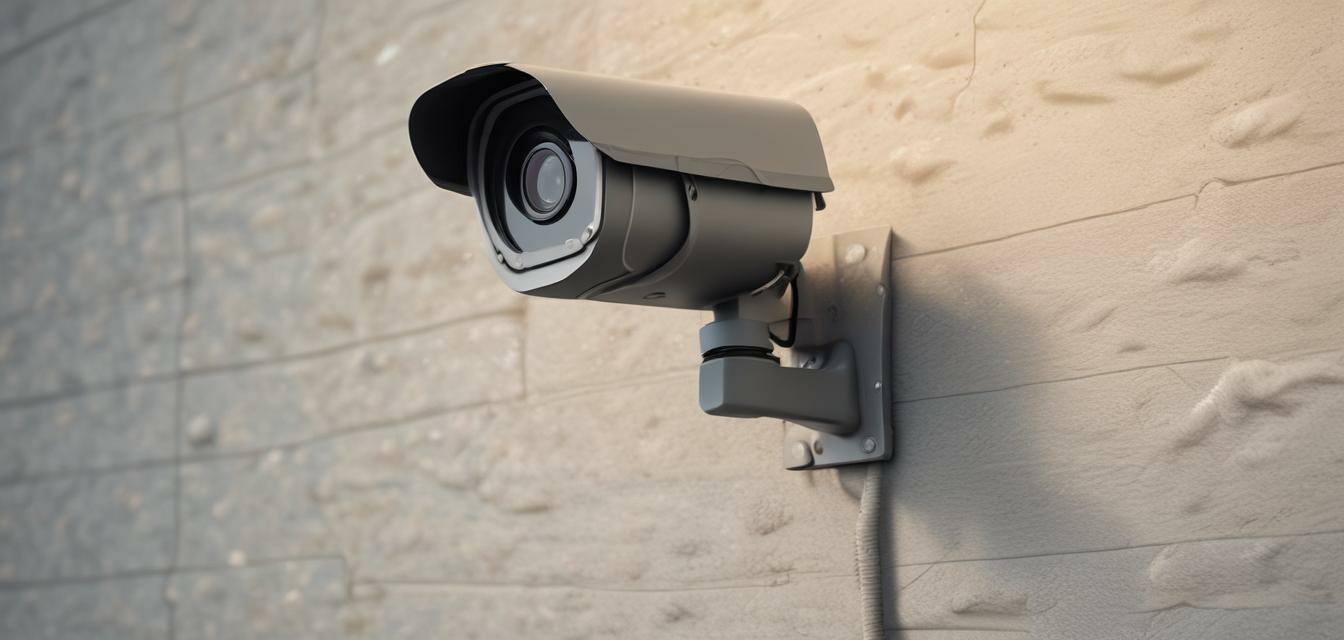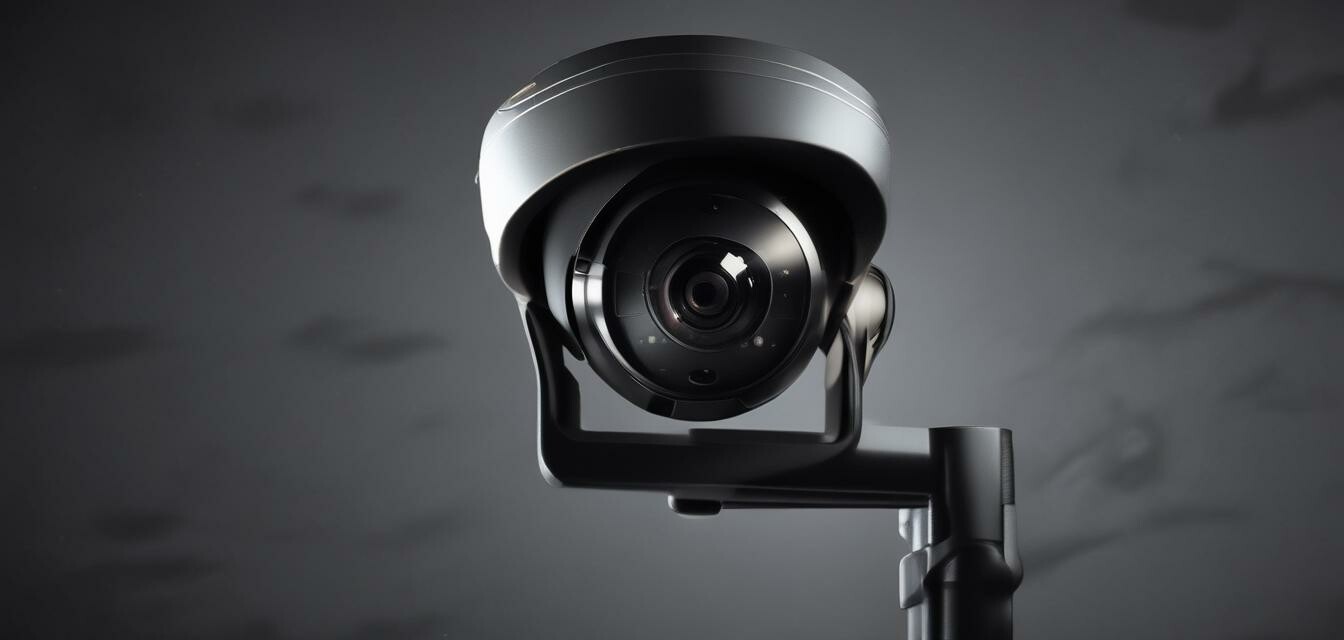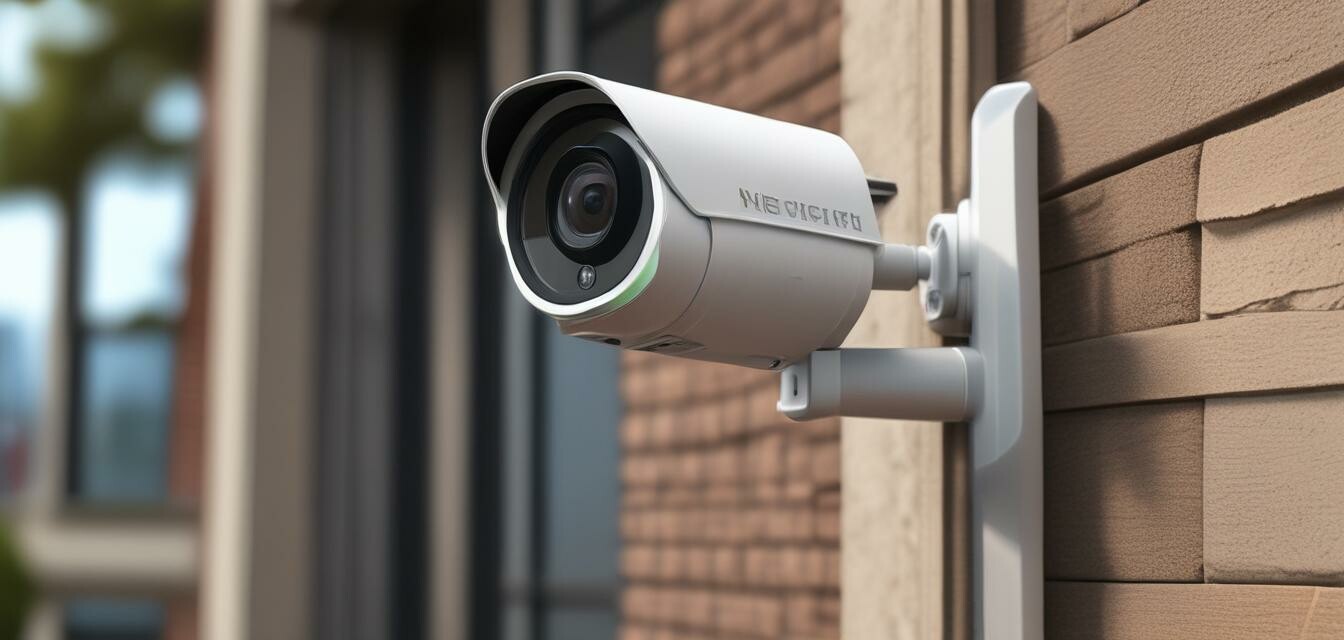
Wireless vs Wired Security Cameras
Key Takeaways
- Wireless cameras offer easy installation and flexibility in placement.
- Wired cameras provide stable connections and reliable performance.
- Consider your home's layout, security requirements, and budget before choosing.
When it comes to enhancing your home security, selecting the right type of camera is crucial. With the rapid growth in technology, security cameras have evolved into two main categories: wireless and wired. Each option comes with its own set of benefits and drawbacks, making the decision essential for effective surveillance.
Introduction to Security Cameras
Security cameras are indispensable for providing peace of mind. They help deter crime, monitor property, and can even assist in emergency situations. Understanding the differences between wireless and wired cameras can greatly influence your security setup.
Understanding Wireless Security Cameras
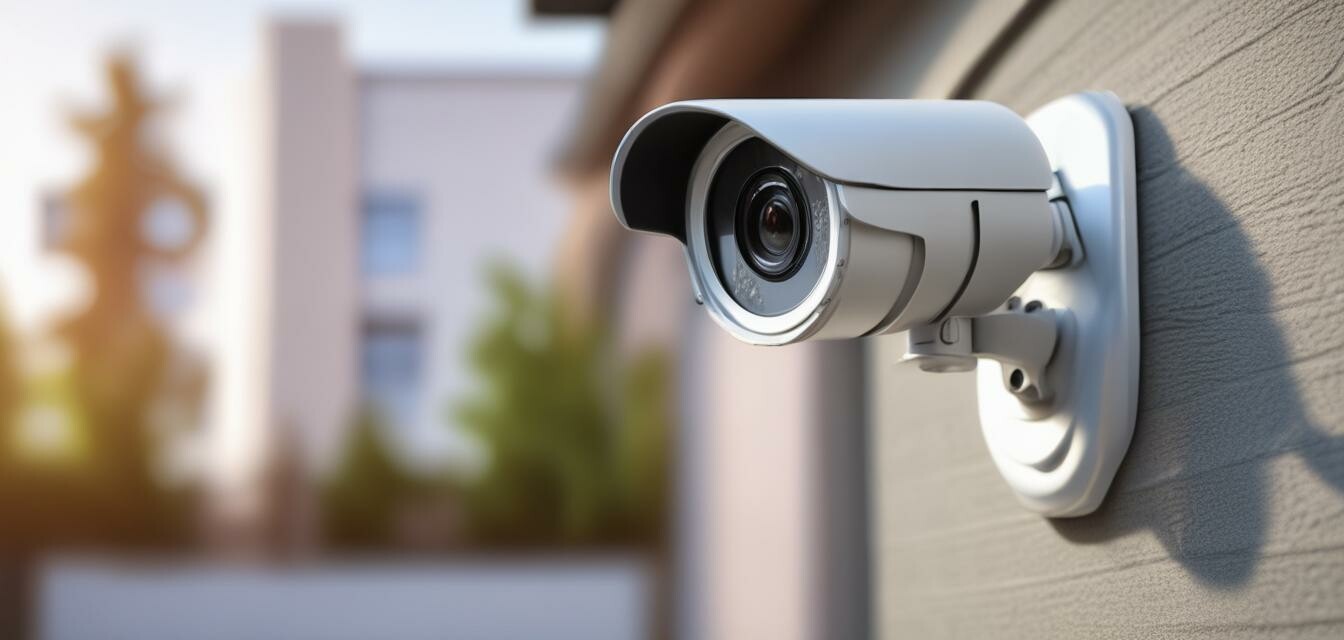
Wireless security cameras connect to a network over Wi-Fi, making them remarkably easy to install. Here’s a brief overview of the advantages and disadvantages:
| Advantages | Disadvantages |
|---|---|
|
|
Understanding Wired Security Cameras
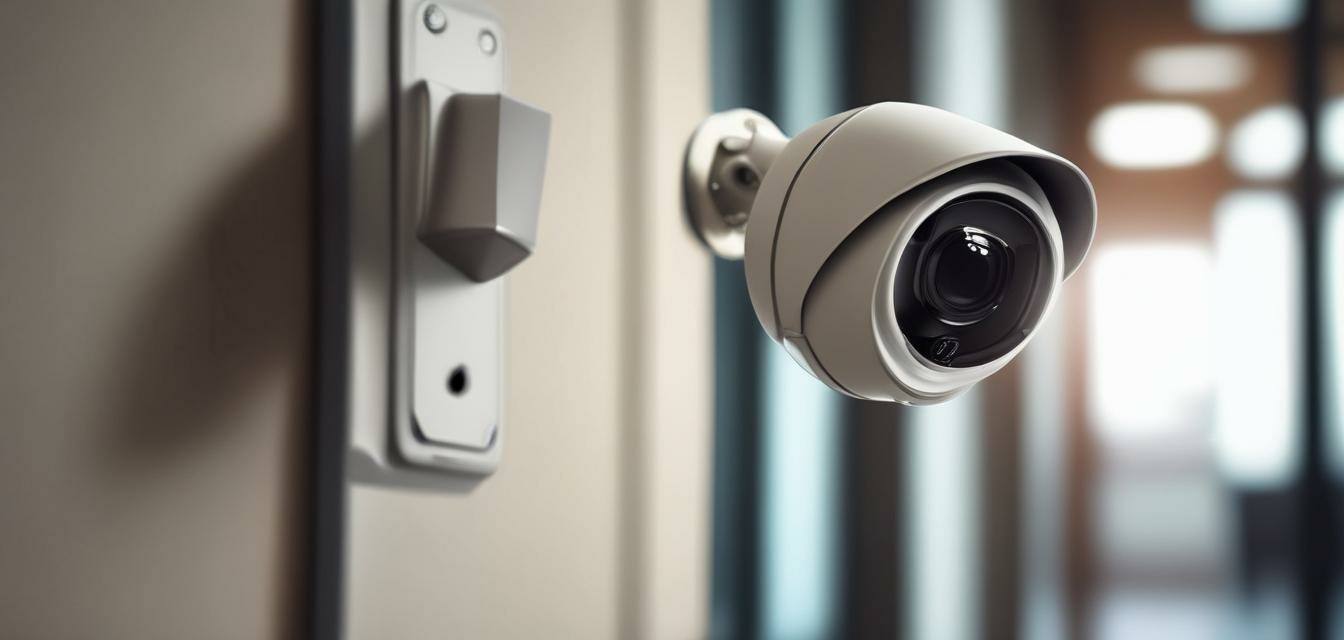
Wired security cameras connect directly to a recording device or monitor using cables, which often results in a stable and high-quality video feed.
| Advantages | Disadvantages |
|---|---|
|
|
Choosing the Right Type for Your Needs
When deciding between wireless and wired security cameras, consider the following factors:
- Property Size: Larger properties may benefit from wired cameras for better coverage, while smaller places can utilize wireless cameras.
- Installation: If you prefer a DIY setup, wireless may be the way to go.
- Budget: Evaluate your budget, as installation costs for wired systems can be higher.
- Connectivity: Ensure your Wi-Fi is strong enough if choosing wireless.
Comparison Table
| Feature | Wireless Cameras | Wired Cameras |
|---|---|---|
| Installation | Easy, no cables | Complex, requires cabling |
| Video Quality | Can vary with Wi-Fi strength | Generally high-quality |
| Reliability | Dependent on network | More stable connectivity |
| Cost | Lower initial cost | Can be higher due to installation |
| Flexibility | Highly flexible and movable | Set and fixed location |
Conclusion
Both wireless and wired security cameras have distinct features that suit different needs. Understanding your home's layout, your security goals, and budget can lead you to the best choice for your situation. Whether you're interested in the convenience of wireless options or the reliability of wired systems, choosing the right camera is vital for enhancing your security.
Further Reading
- Explore CCTV systems
- Learn about home automation systems
- Check out security alarms & sensors
- Discover smart doorbell cameras
- Understand solar-powered cameras
Beginners Section
If you're new to home security, remember to evaluate your home’s specific vulnerabilities. Invest in quality cameras, inform yourself about their features and review your options. Taking these steps will help safeguard your property effectively.
Pros
- Enhances home security
- Deter potential intruders
- Provides peace of mind
- Serves as evidence in case of incidents
Cons
- Can be expensive
- Requires regular maintenance
- Installation may require professional help


